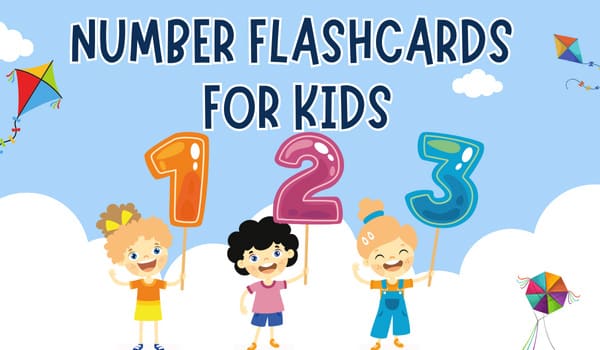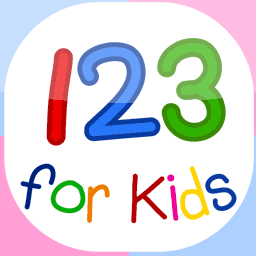From the first steps to early learning, numeracy plays a crucial role in every child’s development. It opens doors to a universe of opportunities, empowering children to understand the world, solve problems, and make informed decisions. By instilling numeracy skills early, we set the stage for our children’s future success. It’s not just about numbers; it’s about equipping them to navigate life.
Why math?
Math is vital for developing young children’s mathematical thinking. A child’s math knowledge at the beginning of kindergarten predicts later academic achievement better than early reading or attention skills. Understanding math is measuring, sorting, building, noticing patterns, making comparisons, and describing the environment, still counting, and knowing the names of shapes. Incorporate math learning into everyday moments.

Engaging in math conversations is crucial; even small discussions yield significant results. It’s vital to believe your child can improve at math, fostering a growth mindset that supports them in becoming mathematicians.
Benefits of Early Numeracy:
Early numeracy skills lay the foundation for future academic success and everyday life. Here are some key benefits:
- Cognitive Development: Numeracy activities stimulate critical thinking, problem-solving, and logical reasoning, fostering a child’s cognitive development.
- School Readiness: Children with strong numeracy skills enter school with a head start, as numeracy is an essential component of the early years’ curriculum.
- Mathematical Proficiency: Early exposure to numeracy concepts builds a solid mathematical foundation, helping children to excel in more complex math topics in later years.
- Confidence and Independence: As children gain numeracy skills, they become more confident in their abilities to make decisions and solve problems independently.
- Real-life Application: Numeracy skills are not just limited to the classroom; they have real-world applications that help children navigate day-to-day tasks and challenges.
The importance of numeracy:
The importance of numeracy in early childhood cannot be overstated. From verbal counting and number recognition to understanding quantities and comparing numbers, early numeracy skills form a solid foundation for future mathematical development and academic success. Indeed, children with a strong mathematical foundation are more likely to excel in math and other subjects.
Importantly, early numeracy is composed of both symbolic and non-symbolic number skills. While symbolic skills involve understanding the count sequence and the meanings of number words and Arabic numerals, non-symbolic skills require numerical manipulations and comparisons of sets of objects. Both these categories play a vital role in creating a well-rounded mathematical awareness, and in turn, contributing to later math achievements.
However, not all children have equal opportunities and abilities to develop these crucial skills. Those from low socioeconomic households or learning difficulties may face challenges in acquiring early numeracy skills. Identifying these children through the early assessment of numeracy skills in preschool and kindergarten can highlight those at risk for mathematical difficulties.
Read the complete research at ncbi.nlm.nih.gov.
How to make your kids love numbers?
You can foster a positive attitude toward math: Find ways to include enjoyable math activities and math to persuade regular activities like cooking, setting the table, and going for a part walk. Find math activities that you just enjoy and feel confident doing. Change is hard. If math causes you to be anxious, accept your feelings and thoughts. Keep working towards your goals. give some thought to who may need to be influenced by your math attitude.
Math is all about never giving up!
It’s okay to make mistakes. Mistakes help us learn! target problem solving and using mistakes as a chance to market a growth mindset, “Let’s try again!”
Here’s a gift for you if your kid is stuck on addition and subtraction!


